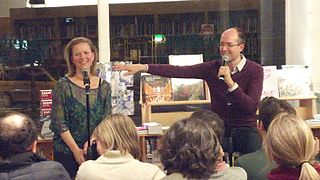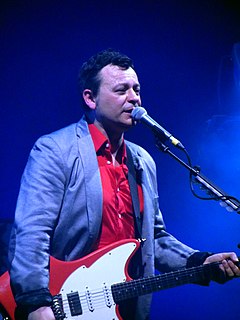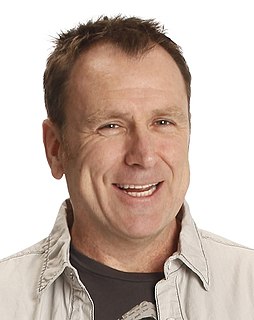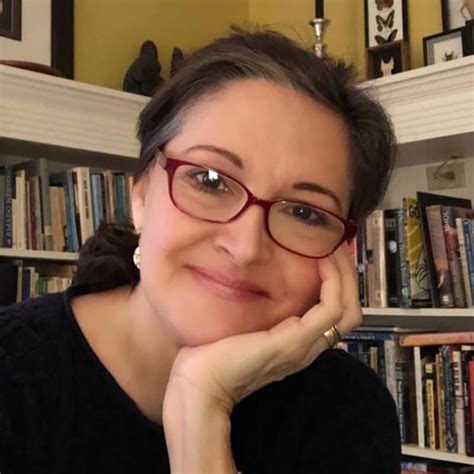A Quote by Virginia Woolf
To write weekly, to write daily, to write shortly, to write for busy people catching trains in the morning or for tired people coming home in the evening, is a heartbreaking task for men who know good writing from bad. They do it, but instinctively draw out of harm's way anything precious that might be damaged by contact with the public, or anything sharp that might irritate its skin.
Related Quotes
My philosophy on writing a song for myself is that I always, always, always want to write a song. I always want to write a song. I realize that as a record producer or a singer or whatever I might not, if I recorded on myself or someone else, the first time out I might not give it the right treatment, so that the world or many people will accept it and it'll be a public hit, or anything like that.
The secret to writing is just to write. Write every day. Never stop writing. Write on every surface you see; write on people on the street. When the cops come to arrest you, write on the cops. Write on the police car. Write on the judge. I'm in jail forever now, and the prison cell walls are completely covered with my writing, and I keep writing on the writing I wrote. That's my method.
I've never written anything that I haven't wanted to write again. I want to, and still am, writing 'A Few Good Men' again. I didn't know what I was doing then, and I'm still trying to get it right. I would write 'The Social Network' again if they would let me, I'd write 'Moneyball' again. I would write 'The West Wing' again.
I write for myself, and perhaps for half a dozen friends. And that should be enough. And that might improve the quality of my writing. But if I were writing for thousands of people, then I would write what might please them. And as I know nothing about them, and maybe I'd have a rather low opinion of them, I don't think that would do any good to my work.
Any negative review you write, they'll say, "Oh, you're being so mean." I think the problem with a lot of criticism is that too many critics either write just description or they write in a Mandarin jargon that only a handful of people can understand, or they write happy criticis - everything is good that they write about. I think that's really not good. I think it's damaged a lot of our critical voices.
As a songwriter, you're allowed to write anything, and as a person, I am all colors in the rainbow. I've been through everything, you know, so I can write a positive song like 'Better Get to Livin'' because that's my attitude. But that doesn't mean I'm happy all the time. You can't be a deep and serious songwriter without feelings. You kinda have to live with your feelings out on your sleeve and get hurt more than most people. The fear I might get hurt means I might not be able to write another song.
I don't go to an office, so I write at home. I like to write in the morning, if possible; that's when my mind is freshest. I might write for a couple of hours, and then I head out to have lunch and read the paper. Then I write for a little bit longer if I can, then probably go to the library or make some phone calls. Every day is a little bit different. I'm not highly routinized, so I spend a lot of time wandering around New York City with my laptop in my bag, wondering where I'm going to end up next. It's a fairly idyllic life for someone who likes writing.


































